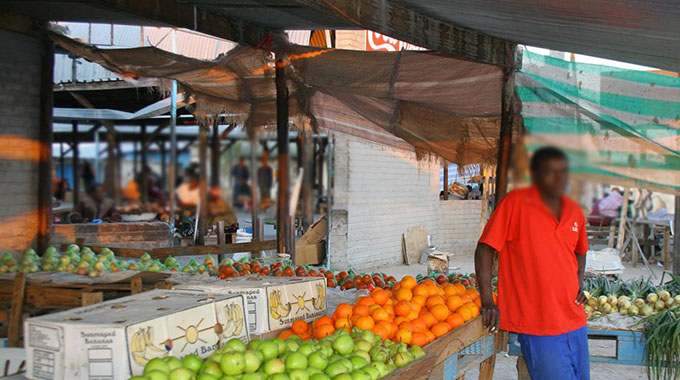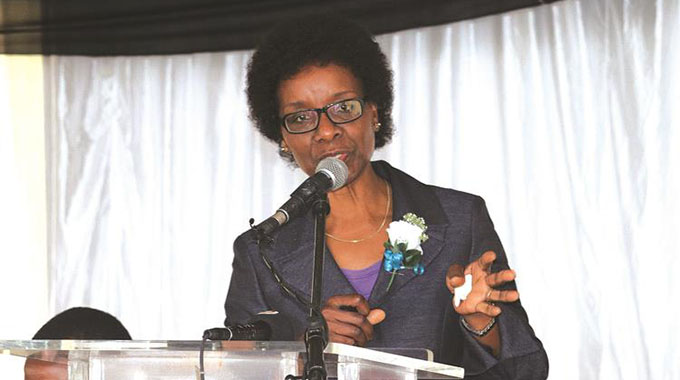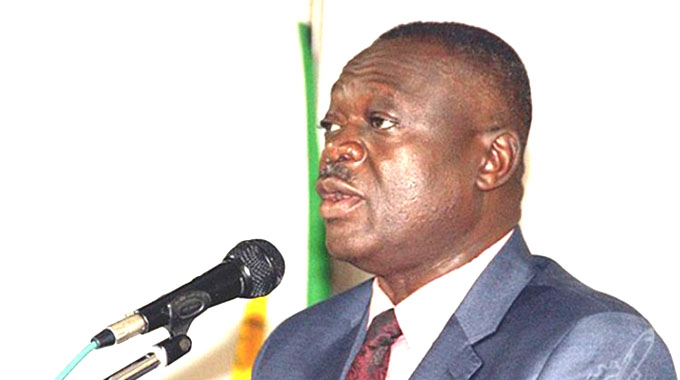Details of informal sector, churches exemptions spelt out

Herald Reporter
Informal traders registered with a local authority for the purposes of paying presumptive taxes or who pay rent on premises for carrying out their operations are now deemed to be in the formal sector and so exempted from lockdown regulations, while churches can now congregate on set conditions, under recently gazetted amendments.
This means those licensed by a local authority as a hawker or vendor or who rent space in a flea market or people’s market, or are registered but work from home can now reopen their business under the same conditions as a formal business, but have to be able to prove this if asked.
Churches can now have congregations of less than 50 people, as announced by President Mnangagwa, but everyone in church has to wear a mask and observe social distancing and the church has to be disinfected between sittings.
Statutory Instrument 136, which converts recently announced changes in the lockdown into law, was gazetted on Friday but only made available yesterday. It defines an informal trader as someone whose business is too small to be registered for VAT and who has not made an income tax return for that business.
The amended regulations make it clear that an informal trader includes a hawker or street vendor; a person who sells articles at a place commonly known as a “people’s market” or “flea market”; and a person who manufactures or processes any articles in or from residential premises.
But not included in the definition, and so relying on other regulations for any exemption from the lockdown, are small-scale miners, the operators of a taxicab, commuter omnibus or goods vehicle, informal cross-border traders, operators of a restaurant or bottle store, and cottage industry operators.
Those informal traders registered with a local authority for the purpose of paying presumptive tax in terms of the Twenty-Sixth Schedule to the Income Tax Act, or in accordance with the same schedule tell their landlord that they carry on their trade from the rented premises, are now deemed to be operating within the formal sectors and so are exempted under the same conditions.
This means they have to wear face masks, observe social distancing and close for trade by 4.30pm.
The regulations amendment now allows officials opening the border to let in returning residents and citizens to keep all travel and identity documents while that person is in quarantine, but has to issue a receipt, keep the documents safe and return them when the person is released from quarantine or isolation.
This provision was earlier announced as an aid to prevent returning residents skipping quarantine or escaping from a quarantine facility.
The lockdown amendment also goes into detail on cross border cargo truck drivers.
Drivers and recognised passengers in their truck have to present a Covid-19-free certificate at the point of entry, showing they have been tested within the past seven days. They will be tested again and if negative can proceed to the next truck stop. But if positive, must either agree to undergo isolation in Zimbabwe or immediately return to where they came from. Owners of trucks can substitute drivers in these cases.
SADC residents transiting Zimbabwe to get home undergo similar measures.
Restaurants and take-aways are now allowed to have chairs, but only for elderly, infirm or disabled customers and only while they are waiting for their orders.
As soon as they get their food, they must leave. The ban on eating and drinking on the premises remains.
More critically restaurant staff must be tested every 14 days for Covid-19 and must wear both a mask and gloves. Whenever they take off the gloves, and in any case every three hours, they must wash their hands.
An amendment to the temporary powers regulations on the residential rent moratorium now ends at the end of this month. As the President announced, this means that rent not paid during the lockdown now must be paid within the next six months in equal instalments. It can be paid earlier.
A final statutory instrument amends the main public health regulations by making it clear that the Minister of Health and Child Care, when issuing health regulations, does so on his own authority under the Public Health Act with the phrase implying that any regulations have to be in conformity with directions from the President now being deleted. This closes a potential legal loophole.









Comments